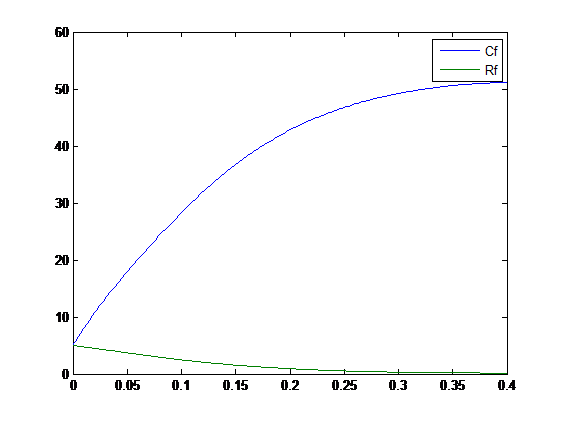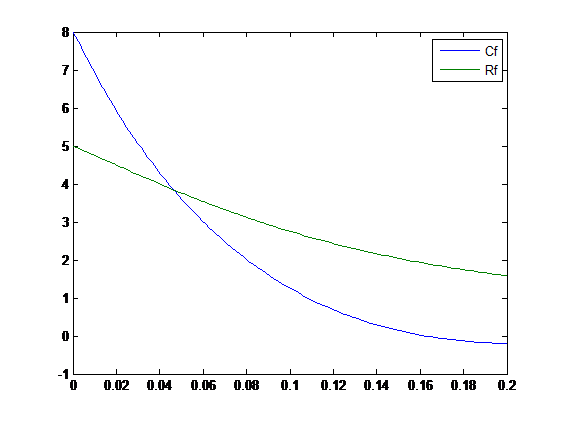Part:BBa_K1074011
PsdpRI+RBS+SDP
We construct this gene circuit as our kill switch to kill the engineered Bacillus subtilis for the safety purpose.Killing is mediated by the exported toxic protein SpbC. Extracellular SpbC induces the synthesis of an immunity protein, SdpI, which protects toxin-producing cells from being killed. SdpI, a polytopic membrane protein, is encoded by a two-gene operon under sporulation control that contains the gene for an autorepressor, SdpR. The autorepressor binds to and blocks the promoter for the operon. Evidence indicates that SdpI is also a signal-transduction protein that responds to the SpbC toxin by sequestering the SdpR autorepressor at the membrane. Sequestration relieves repression and stimulates synthesis of immunity protein. The kill switch is based on a high-copy vector fused with promoter for operon sdpIR and coding sequence for protein SpbC. When SpbC toxins are sensed, they will be captured by Immunity Protein SdpI at the membrane, enabling SdpI to sequester SdpR. As a result, repression on promoter SdpIR is released and more SpbC will be produced. Trapped in this endless loop, the SpbC producing cells fails to cope with enormous toxin SpbC and doomed after eliminating their siblings. Eventually, the group of engineered Bacillus subtilis is destroyed instead of sporulating.
Usage and Biology
We have built model to verify the validity of this part, and our experiment is still going on.
There are both positive and negative feedback loops in this process. On the one hand, SdpI is unable to sequestrate the autorepressor, SdpR, until it captures the toxin, SpbC. The accumulation of SpbC will thus facilitate SdpI to capture more SdpR and thereby relieve the repression of SdpR, stimulating the expression of itself. This is the positive feedback loop which leads to the increasing accumulation of SpbC and finally the death of the bacteria. On the other hand, the removal of SdpR also enhance the expression of SdpI and accelerate the sequestration of SpbC, which forms a negative feedback loop whose effects contradict the positive feedback loop. However, since the copy number of SpbC is much higher, it is believed that the positive loop is strong enough to outweigh the negative one, which guarantees this mechanism will finally leads to collapse instead of equilibrium.
Results
For more details, refer to our wiki [http://2013.igem.org/Team:USTC_CHINA/Modeling/KillSwitch]
References
Parallel pathways of repression and antirepression governing the transition to stationary phase in Bacillus subtilis AV Banse, A Chastanet, L Rahn-Lee…,PNAS ,2008
Sequence and Features
- 10INCOMPATIBLE WITH RFC[10]Illegal SpeI site found at 98
Illegal SpeI site found at 680
Illegal PstI site found at 2107 - 12INCOMPATIBLE WITH RFC[12]Illegal SpeI site found at 98
Illegal SpeI site found at 680
Illegal PstI site found at 2107 - 21COMPATIBLE WITH RFC[21]
- 23INCOMPATIBLE WITH RFC[23]Illegal SpeI site found at 98
Illegal SpeI site found at 680
Illegal PstI site found at 2107 - 25INCOMPATIBLE WITH RFC[25]Illegal SpeI site found at 98
Illegal SpeI site found at 680
Illegal PstI site found at 2107
Illegal AgeI site found at 867 - 1000INCOMPATIBLE WITH RFC[1000]Illegal BsaI.rc site found at 854
| None |


